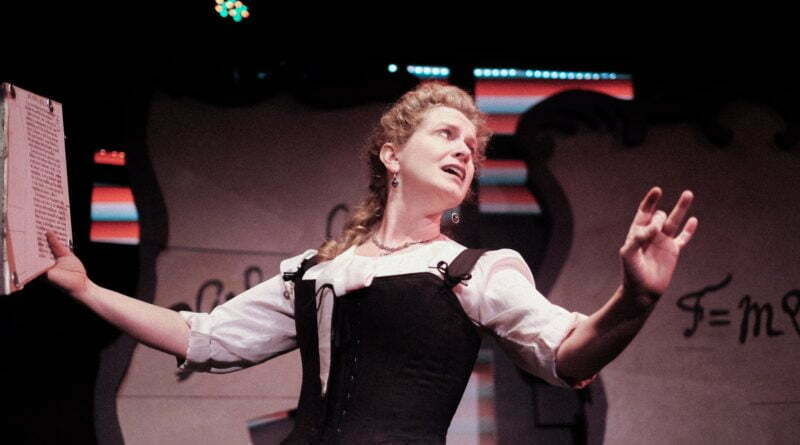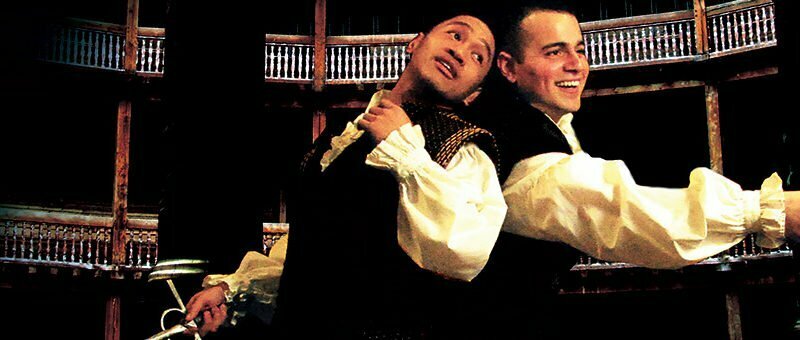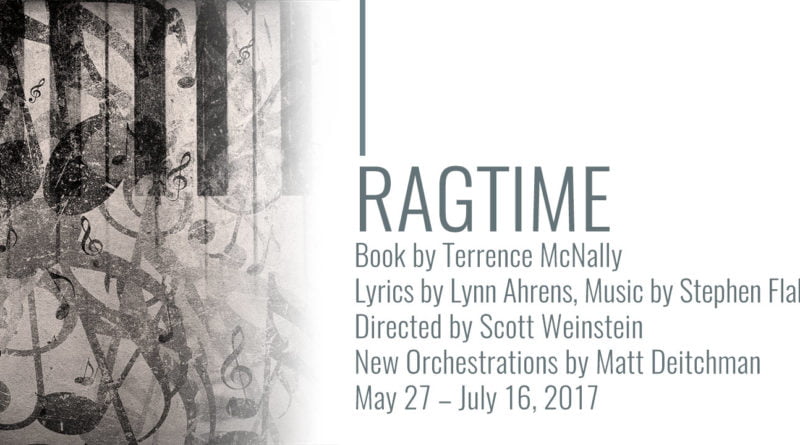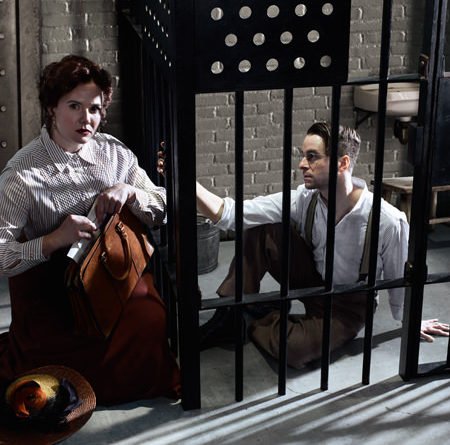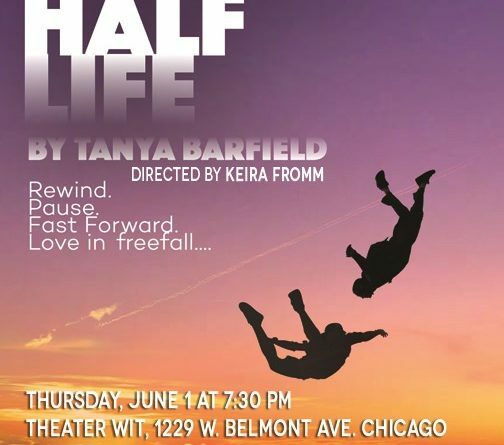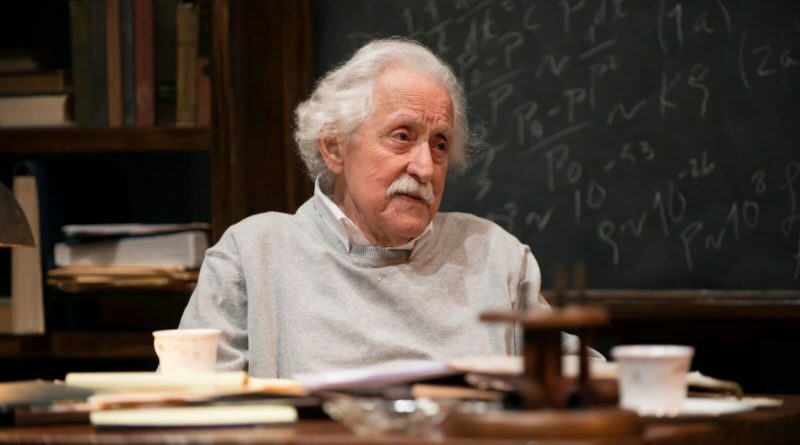Emilie: La Marquise Du Châtelet Defends Her Life Tonight
In direct-address to the audience, Emilie introduces the notable figures in her life, narrates some events, and introduces other events as scenes in which she and the others act out the “drama.” “Drama” gets scare-quotes here because what drama there is often gets choked by the narrative framing. Apart from a few surprising scenes of real emotional vehemence, the scenes of drama that pop up mostly come across as simple banter or conversations between characters who feel more like ideas of historical figures than real humans: in other words, they have no psychological depth.
Read More
